Keynote Speakers
TBA
Keynote Speakers of IC&C 2025
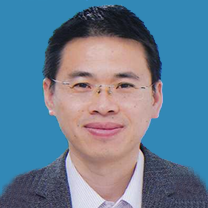 |
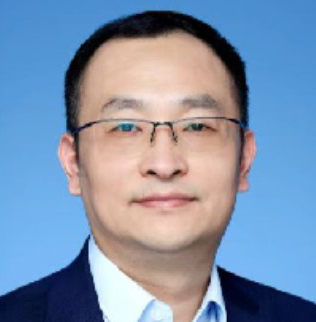 |
|
Prof. Junzhi Yu |
Prof. Lixian Zhang |
|
|
Speech Title: Modeling and Control for Collective Intelligence in Underwater Biomimetic Robotic Fish |
Speech Title: In-Cabin Robots for Space Stations: Research Status and Key Technologies |
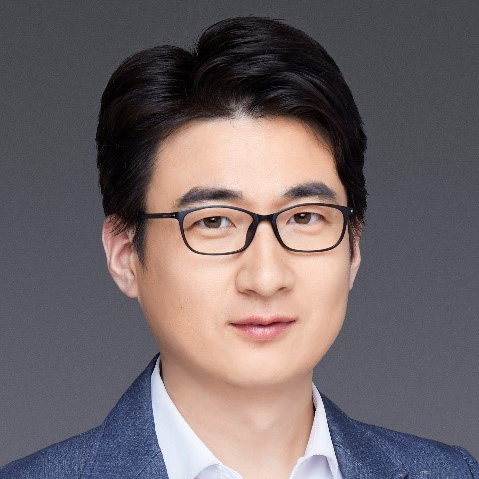 |
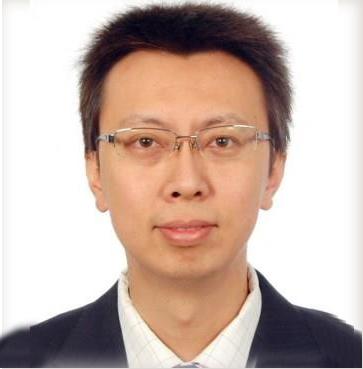 |
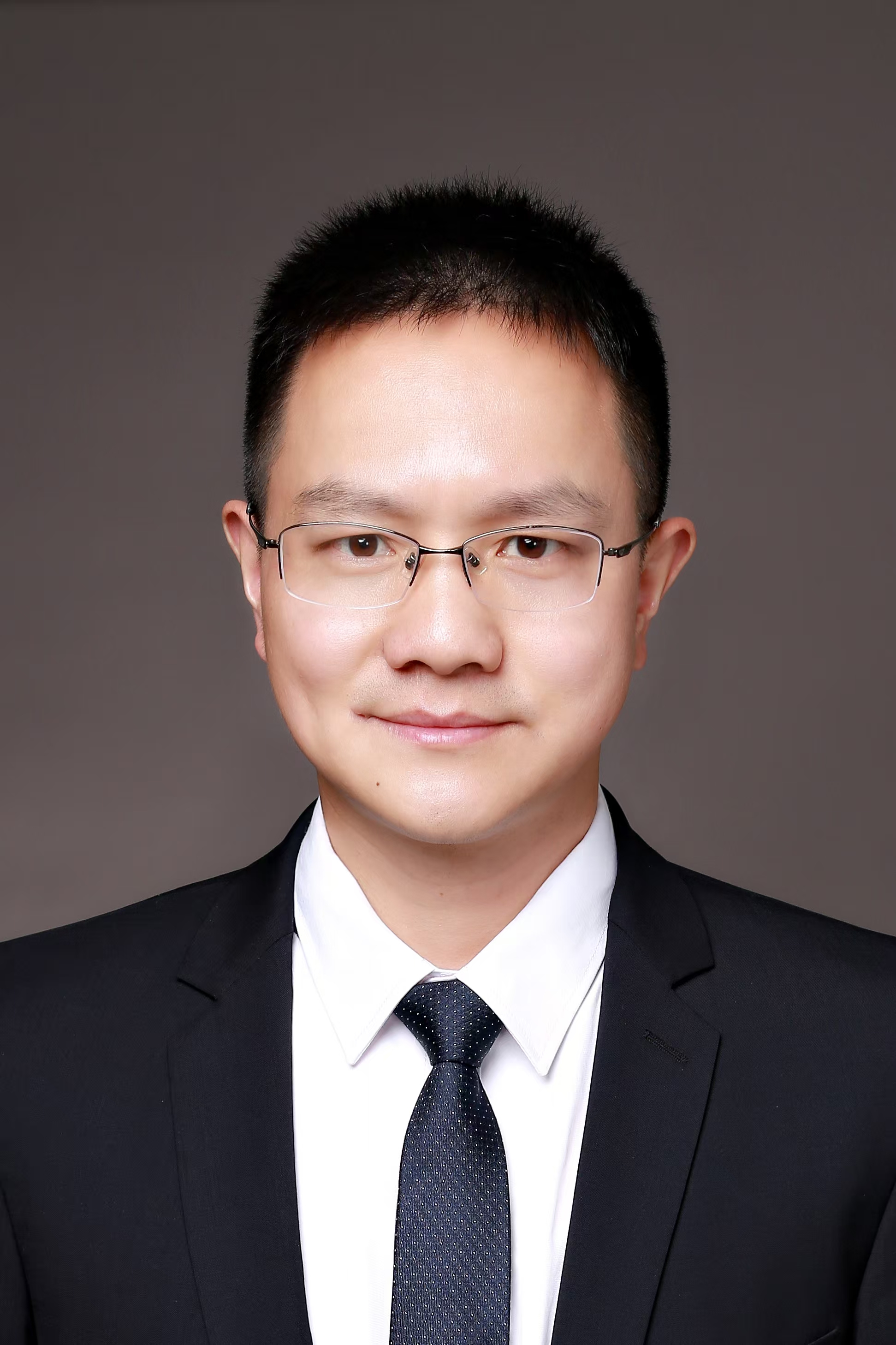 |
Prof. Youqing Wang |
Prof. Qinglai Wei |
Prof. Yonggang Zhang |
Speech Title: Theoretical Methods and Industrial Applications of Clustering Analysis |
Speech Title: Self-learning Optimal Control and Reasoning System |
Speech Title: Intelligent Navigation for Unmanned Systems |
